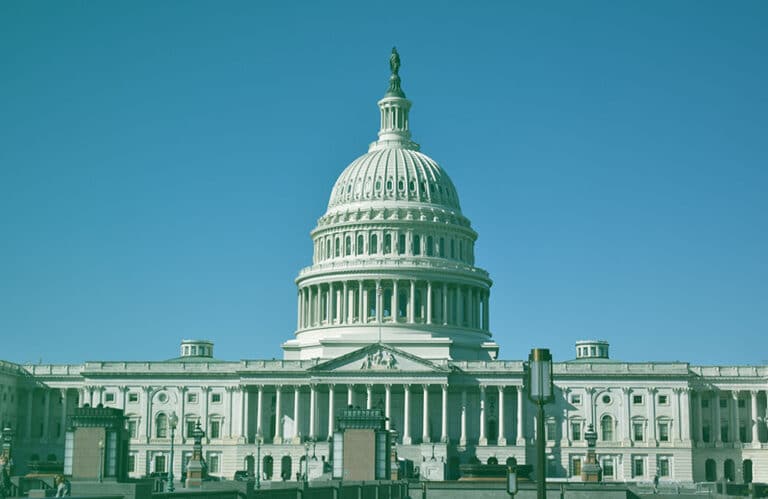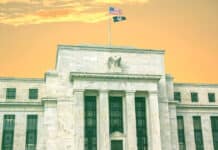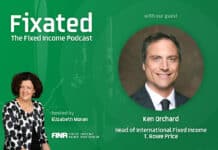
Tim Murray, Capital Markets Strategist, Multi‑Asset Division at T. Rowe Price, shares his comments on the potential implications of the new presidential administration on the market.

Donald Trump’s second term could impact markets in several ways. The market optimism engendered by Trump’s election victory is supported by the potential impacts on business activity, particularly small business. Small-cap stocks may benefit from reduced regulatory burdens and potential corporate tax cuts, though skepticism remains about further tax cuts due to the federal budget deficit. However, a lot of optimism is already priced in. Given that equity valuations are very rich, a partial reversal could be on the horizon if elevated U.S. earnings expectations are not met in 2025.
Trump’s policies carry the risk of reigniting inflation concerns. Despite the broadly held view by economists that higher tariffs and tighter immigration policies are bad for the U.S. economy, economic growth expectations have been on the rise. This is because of expectations that there may be significant pent-up economic activity released now that election uncertainty has been removed. Additionally, many business owners—particularly owners of small businesses—have become more optimistic about future business conditions, as Republicans typically enact more business-friendly policies than Democrats. So there is a well-founded expectation that business activity could increase and broaden in 2025.
Also read: MA Financial Launches First Listed Investment Trust
Therefore, we expect a much more cautious approach to rate cuts in 2025, with only one or two more cuts likely. Inflation has already proven somewhat sticky in the latter half of 2024, and the Fed is aware of the potential inflationary impacts of Trump’s campaign promises. They will probably need clear evidence that inflation is sustainably falling again before they are willing to go below 3.75%.
The implication for investors is that they should consider whether their portfolios are properly hedged against inflation risks. They may want to consider adding exposure to asset classes such as natural resources equities that historically have responded well to higher inflation.
Meanwhile, we would be very cautious about taking significant duration risk, as yields may continue to drift upward. Longer term investment grade bonds are a good hedge against recession, but a poor hedge against inflation. Larger than normal allocations to shorter duration bonds and high yield may be warranted.

































